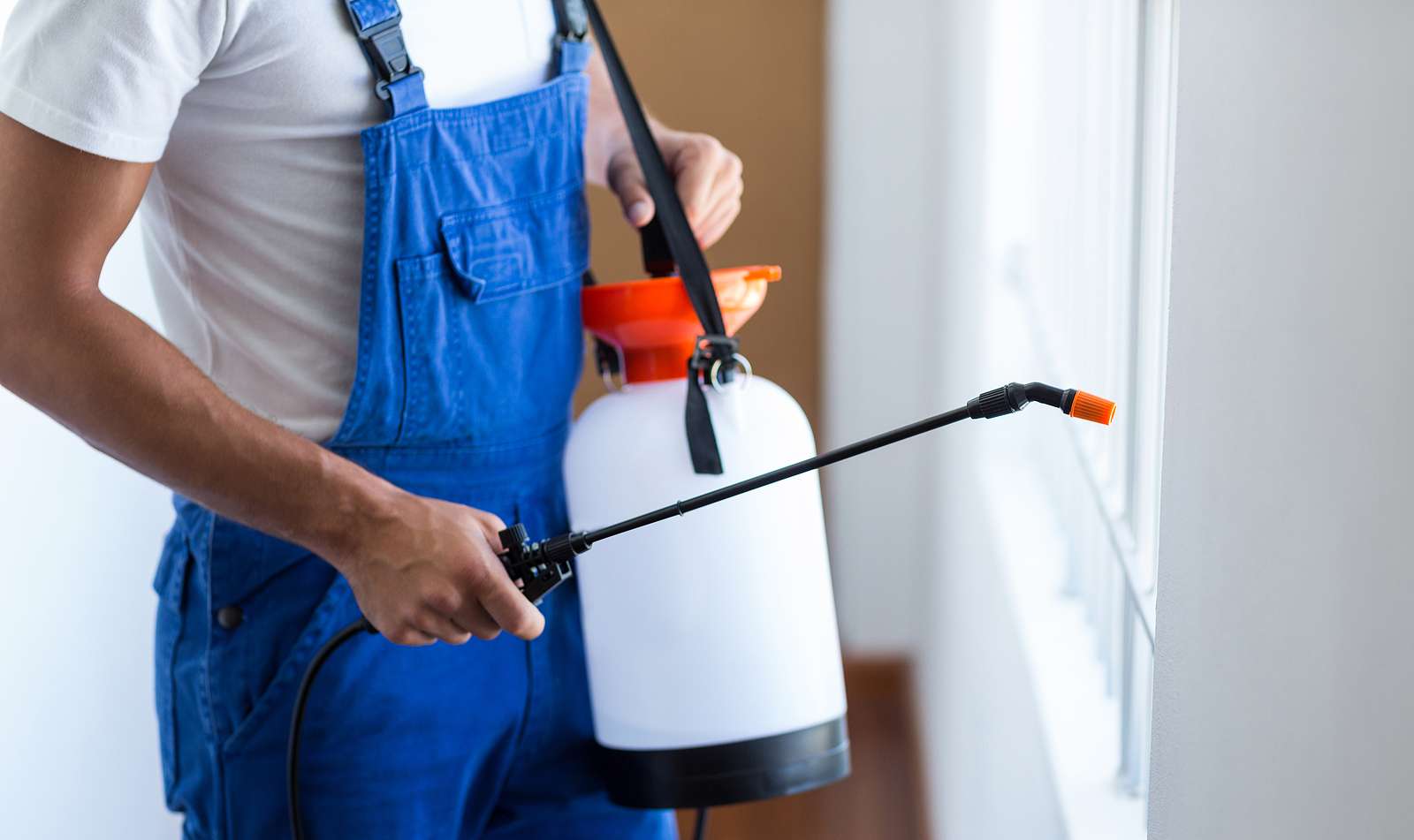Proven Bed Bug Heat Treatment: Remove Bed Bugs with Heat!
Proven Bed Bug Heat Treatment: Remove Bed Bugs with Heat!
Blog Article
Specialist Bug Control Techniques for Long-Term Results
Expert pest control methods envelop an extensive method that begins with a thorough examination and assessment, complied with by specific insect identification to comprehend their behavior patterns. The application of Integrated Parasite Management (IPM) principles, paired with eco-conscious treatments, develops the keystone of lasting insect obliteration.
Inspection and Evaluation
Upon going into a building for insect control solutions, the initial step is a complete assessment and evaluation to recognize the level of the infestation and identify one of the most effective treatment plan. Expert insect control technicians are trained to carefully take a look at the properties, looking for signs of bug activity such as droppings, nibble marks, nests, or any type of structural damage. They will certainly also evaluate the conditions that might be bring in parasites, such as food resources, water leaks, or entrance factors.

Pest Recognition and Actions

In addition, recognizing the habits of the identified parasite is essential to implementing reliable control steps. Recognizing where parasites nest, what they feed on, and their task patterns can help pest control specialists design approaches to eliminate them efficiently.
Integrated Pest Monitoring (IPM)
Integrated Bug Administration (IPM) techniques combine numerous methods to regulate and stop insect infestations in a lasting and environmentally pleasant fashion. Pest control Washington DC. By integrating approaches such as organic control, habitat control, alteration of cultural methods, and making use of immune varieties, IPM intends to decrease the use of chemical pesticides
One important link of the crucial concepts of IPM is the emphasis on prevention. This aggressive approach involves tracking parasite populations on a regular basis to discover any potential problems before they escalate. By recognizing pest issues beforehand, pest control actions can be carried out quickly and efficiently.
Furthermore, IPM advertises using non-toxic parasite control methods whenever feasible. This can include using natural predators of the bugs, presenting valuable insects, or using scents to interfere with breeding patterns. By reducing dependence on chemical pesticides, IPM not just shields the setting yet also helps preserve a balance in the environment.
Environmentally-Friendly Therapies
Implementing eco-conscious strategies in insect control treatments can properly address infestations while focusing on environmental sustainability. Environmentally-friendly treatments concentrate on decreasing the impact of insect control techniques on environments, non-target microorganisms, and human wellness. These methods frequently include the use of natural predators, such as ladybugs or nematodes, to control pest populaces, reducing the need for chemical interventions. In addition, strategies like environment adjustment, such as readjusting wetness levels or removing food resources, can assist prevent bugs without using damaging compounds.
One more key facet of environmentally-friendly treatments is the use of natural and naturally degradable products that damage down swiftly without leaving damaging deposits in the atmosphere. Botanical pesticides originated from plants like chrysanthemums or neem use effective parasite control while positioning minimal threat to non-target species. In addition, employing approaches like warm therapies or scent traps can target details bugs with precision, lowering the overall environmental influence of bug control techniques.
Continuous Tracking and Upkeep
Continual surveillance and upkeep are necessary parts of reliable pest control management. Ongoing tracking plays a critical duty in ensuring that pest infestations are discovered early and handled immediately. Regular inspections by qualified specialists are necessary to recognize any indicators of parasite task, evaluate the efficiency of previous therapies, and make adjustments to the pest control plan as needed. By termite damage checking pest populaces gradually, termite control treatment bug control professionals can track trends, anticipate potential concerns, and carry out precautionary steps to reduce the risk of future problems.
In enhancement to monitoring, maintenance methods are essential for long-term insect control success. This consists of applying proper hygiene measures to eliminate prospective food and water resources for pests, sealing entrance indicate prevent insects from going into the properties, and addressing any type of architectural concerns that could assist in parasite problems (Exterminator DC). By including ongoing monitoring and maintenance into an integrated insect administration approach, companies can make certain a pest-free environment and safeguard their building versus costly damage and health and wellness threats
Final Thought
Finally, using specialist parasite control techniques such as detailed evaluation and analysis, exact parasite recognition and understanding of their habits, integrated parasite management methods, environmentally-friendly therapies, and ongoing monitoring and maintenance are important for achieving long-term outcomes in insect control. By executing these methods, people can successfully manage parasite problems and preserve a pest-free environment in a lasting way.
Report this page